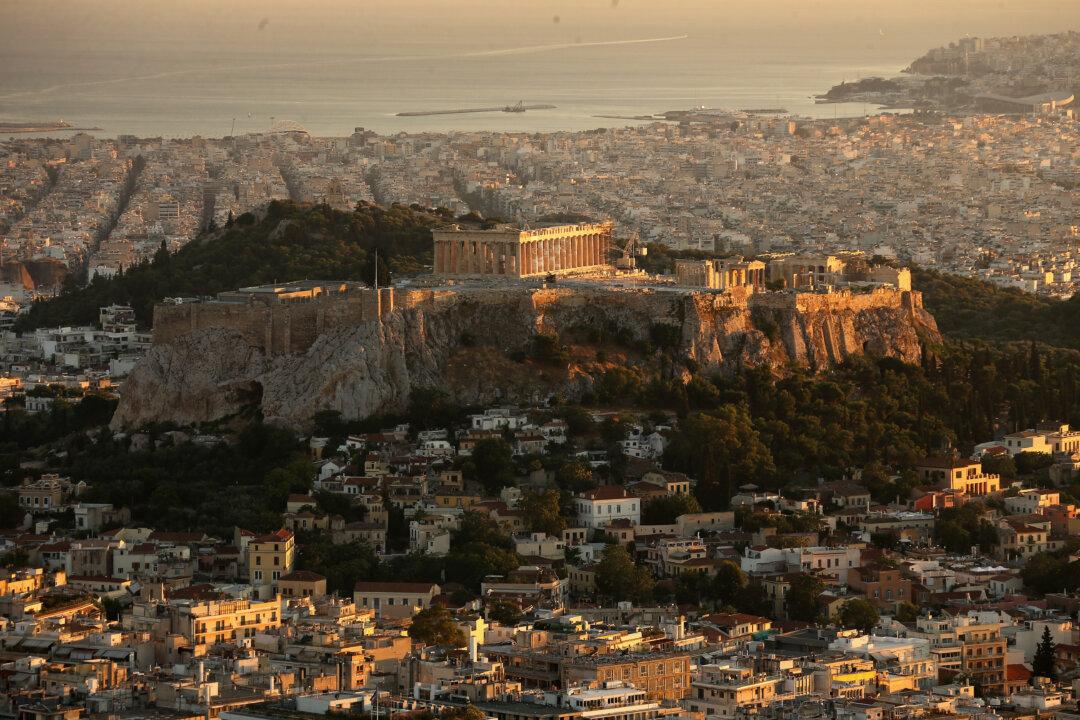Mark Twain’s immortal words, “The reports of my death have been greatly exaggerated,” came to my mind the minute I heard the first sentences of Greek Consul General Georgios Iliopoulos during an interview last week in his office in the Greek Consul General Building located in the Upper East Side of Manhattan.
“Those who have written off Greece, an EU [European Union] member since 1981, as a declining nation facing an insurmountable financial crisis are oblivious to the incredible historical strength, fortitude, and resilience of the Greek people,” Iliopoulos asserted.
“History teaches that Greece possesses the determination and ability to overcome even the most challenging problems. ... The future of Greece, I am confident, will prove worthy of her past,” he said.
The financial crisis the consul general was referring to began when Greece and its eurozone (EZ, a subset of the EU containing 18 member states) partners were struck by the tsunami of the global financial crisis in 2008. That was just seven years after this 5,000-year-old nation joined the EZ.





